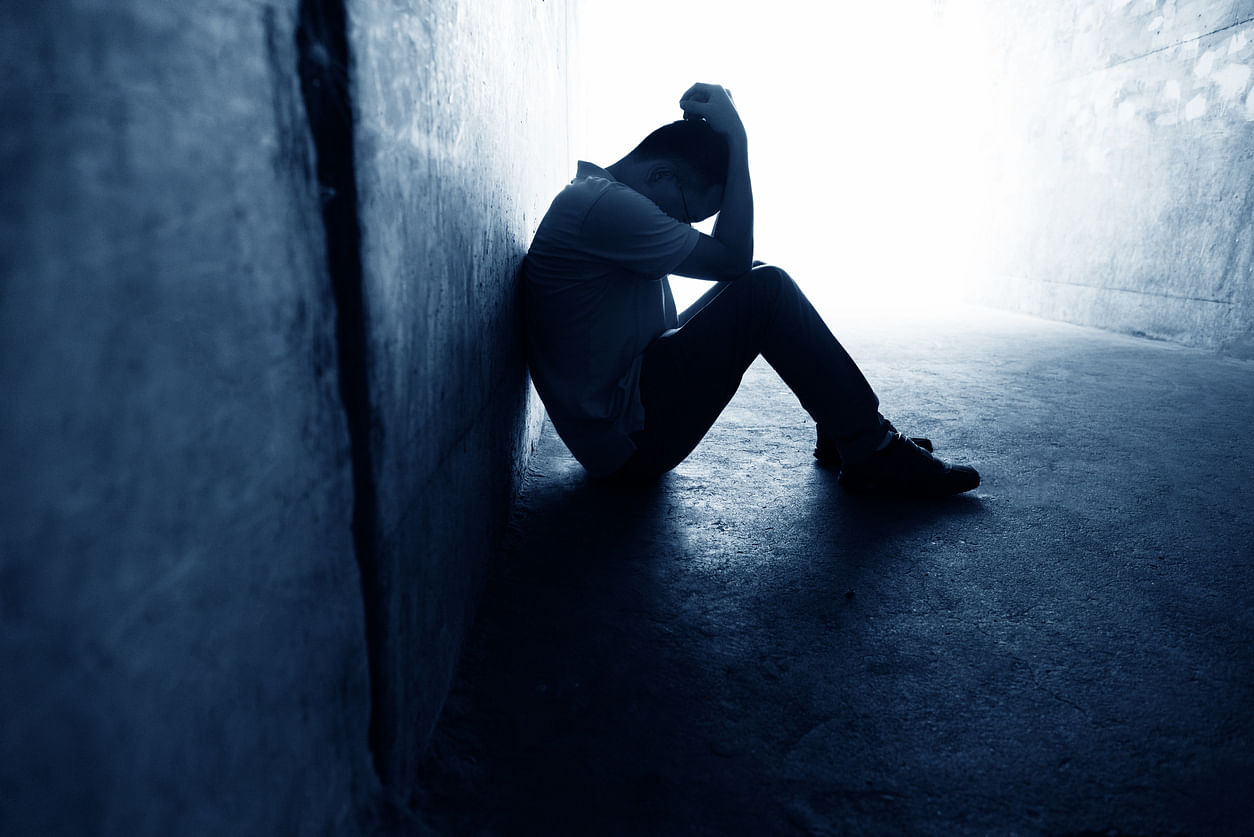
The national lockdown promulgated from March 24 to April 14, 2020, has led to many unintended consequences. Persons who have experienced collateral damage include those with mental health problems.
The first to suffer were those who were dependent on alcohol or illicit drugs. With liquor shops closed and access to illicit drugs curtailed by movement restrictions, persons who were dependent began to experience withdrawal symptoms.
In many, the withdrawal from alcohol is mild to moderate, and is characterised by craving for alcohol, uneasiness, restlessness, tremors, loss of appetite, sleeplessness, and other symptoms. In some, the withdrawal can be serious and even life-threatening, such as when seizures or delirium develop. Across the country, there have been reports of severe alcohol withdrawal requiring hospitalisation, and even reports of persons committing suicide because of the unavailability of alcohol.
Public transport has all but stopped. Personal transport, and even venturing out of houses on foot is discouraged for almost all reasons except those related to purchase of provisions, medical necessities, and emergency services. Most private clinics and outpatient departments in hospitals are closed. So how do patients receiving neuropsychiatric medications, who may need to continue their treatments for months to years, continue to get their supplies?
Those who can afford medicines can show old prescriptions at pharmacies, and most pharmacists, understanding the unusual circumstances, will honour the prescriptions. Patients who depend on free medicines may not be able to afford to purchase medicines, especially when wages have dried up. If they cannot get supplies because their hospital has closed its OPD, then they must do without them.
This means that patients with depression will run out of antidepressants and may suffer drug discontinuation symptoms such as restlessness, anxiety, headache, dizziness, stomach disturbances, and sleep disturbances.
Patients taking treatment for conditions such as anxiety and insomnia are likely to suffer relapse soon after running out of medicines. Patients with epilepsy will suffer withdrawal seizures within days of stopping treatment. Patients with schizophrenia, bipolar disorder, and depression are at high risk of relapse weeks or months ahead. Relapse into major mental illness will result in considerable suffering not only for the patient but also for the family.
Whereas helplines have been set up, and facilities for teleconsultation and tele-prescribing set in place, those who cannot afford treatment are also those who might not be able to access these facilities.
(Dr Chittaranjan Andrade is Dean, National Institute of Mental Health and Neurosciences, Bengaluru)